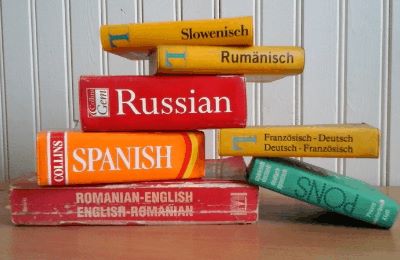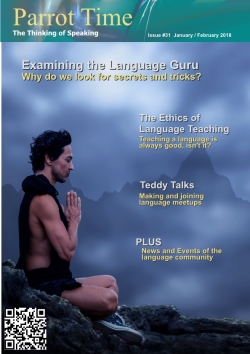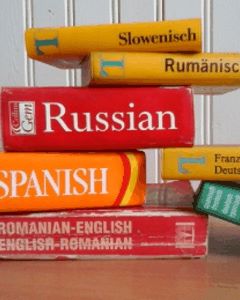Proverbs from the World
Latvian

Proverbs from the World:
Latvian The world is full of languages, which in turn are full of proverbs and proverbial phrases. Some of them are very culture related, some instead very universal. The language of choice this time is Latvian, formerly called Lettish. In Latvian the language is called "latviešu valoda". Latvian is not the only language spoken in Latvia, but it is the only official language there and spoken by the majority as a native language. The country is small, about 2 million people, and the number of native speakers in Latvia and abroad is roughly the same. Latvian belongs to the Balto-Slavic branch of the Indo-European language family, and more specifically, to the Baltic language sub-group. The alphabet is Latin, but there are several letters with diacritics that are missing in many other Indo-European languages, like vowels with a macron to indicate that they are pronounced as long (ā, ē, ī, ū), consonants with caron (č, š, ž) and consonants with cedilla/comma (ģ, ķ, ļ, ņ). Latvian is an inflecting language with seven cases and also prepositions. It has two grammatical genders, and there are no articles. Verbs are conjugated according to their mood, tense and person. What is also interesting is that foreign names tend to be adapted to Latvian orthography – even if they are originally written in a Latin alphabet, a feature Latvian shares with Lithuanian. For example, the first president of the United States, usually known as George Washington, is called Džordžs Vašingtons in Latvian. This system is valid also for contemporary foreign names. Considering how small the number of Latvian speakers is, the situation for those who want to dig deeper into it for hobby or necessity is rather promising. There is a decent amount of proper learning material, both monolingual and bilingual. The following popular wisdoms, sakāmvārds, are all suitable for language learners. 
1. Mūžu dzīvo, mūžu mācies!
Keywords: 
2. Apetīte rodas ēdot.

3. Mazāk runā, vairāk dari! 
4. Katrs iesākums grūts. It's quite common to see proverbs in ordinary study books of languages, often at the end of some or each chapter. Sometimes they are inserted in story; sometimes they are there just to introduce a lighter element with a taste of real life. The proverbs presented here are among the many found in an elementary book of Latvian for Finnish speakers, Laipni ludzam! |
| Proverbs from the World - Latvian | ||||||||
| Writer: | Tarja Jolma | |||||||
| Images: | ||||||||
| ||||||||
| Sources: | ||||||||
| ||||||||
All images are Copyright - CC BY-SA (Creative Commons Share Alike) by their respective owners, except for Petey, which is Public Domain (PD) or unless otherwise noted.
|
Searching for language resources? Find entertaining and educational books for learning a language at Scriveremo Publishing. Just click the link below to find learning books for more than 30 languages!
| |
comments powered by Disqus












































